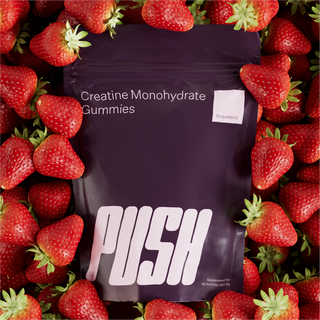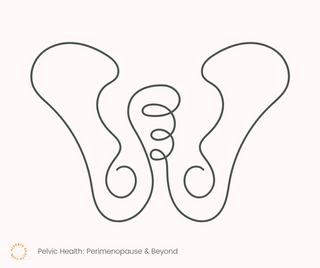In the spirit (no pun intended!) of our Move-ember challenge, with its grand prize of a luxury trip to Mitchelton Winery, we thought we’d take a deep dive into the world of wine and its lesser-known perks. Other than pairing perfectly with a charcuterie board, wine, in particular red wine, poses numerous benefits for your health when consumed in moderation. Send this blog to a friend or significant other to show them just how good one glass a day can be!
Safety is always our priority at Aleenta Health Club, and in no way, should this blog be considered nutritional advice. It’s simply a bit of education and fun! Always be sure to consult with your doctor about your drinking habits. The following studies show that certain health benefits come with moderate wine consumption. Researchers defined moderate consumption in this study as:
“Optional, daily alcohol consumption is about 15 and 30 g of alcohol for women and men, respectively. The highest tolerated dose ranges up to 36 g per day for healthy women and up to 60 g per day for healthy men.”(i)
That’s about 1-3 glasses of wine a day, respectively!
So… what are the perks?
1. Light/moderate wine consumers have a lower risk of age-dependent cognitive decline.
A 2012 review of numerous epidemiologic studies concluded that those who consume wine in moderation are less likely to develop conditions including dementia, Alzheimer’s disease and Parkinson’s disease compared to those who abstain completely or drink in excess.
“Individuals with the habit of daily moderate wine consumption enjoy significant reductions in all-cause and particularly cardiovascular and neurodegenerative mortality.”(ii)
Currently it is believed these benefits are caused by polyphenolic compounds such as resveratrol naturally present in red wine and grapes.
2. Moderate wine consumption has been linked to cancer prevention.
This 2018 study analysed clinical trials to find that the antioxidants and polyphenols naturally present in fruit such as grapes, and therefore their biproducts (wine!), do indeed help in preventing cancer. The researchers recommend a moderate consumption of wine daily, mainly with food (iii).
3. Red wine could help prevent cardiovascular diseases.
Numerous scientists and studies over the years support the hypothesis that resveratrol contained in red grapes and wine can protect against and influence cardiovascular diseases. Several studies also found that when combined with a well-balanced diet including fish, fruits and vegetables, the effects of resveratrol can be further enhanced. Examples of these positive outcomes include resveratrol’s natural ability to decrease platelet aggregation which counteracts the formation of blood clots, as well as protecting brain and nerve cells (iv).
4. Atherosclerosis, hypertension, type 2 diabetes, and metabolic syndrome also have protective associations with wine.
This 2019 review (v) of scientific literature surrounding wine and its health benefits points out several studies that link the alcoholic beverage with prevention of:
- Atherosclerosis; the build-up of fat and cholesterol on artery walls.
- Hypertension; high blood pressure
- Type 2 diabetes; an impairment in the way the body regulates and uses sugar
- Metabolic syndrome; a cluster of conditions that occur together, increasing your risk of heart disease, stroke and type 2 diabetes.
The researchers also note that despite these findings, no conclusive recommendations exist regarding moderate wine consumption and more research is needed, so you should always keep your doctor looped in on your drinking habits.
So now that we’ve covered what a glass or two at dinner can really do, you can put this info to the test by completing 15 classes in 21 days in our Move-ember challenge. You will go in the running to win a trip to the gorgeous Mitchelton Winery where you can enjoy all the benefits of your favourite grape juice!
Written by Sascha Czuchwicki
Works Cited
(i, iii, iv) Snopek, Lukas and et al. "Contribution of Red Wine Consumption to Human Health Protection." Molecules 23.7 (2018): 1684.
(ii) Vasanthi, Hannah R, et al. "Health benefits of wine and alcohol from neuroprotection to heart health." Frontiers in bioscience (Elite edition) 4.4 (2012): 1505-12.
(v) Golan, Rachel, Yftach Gepner and Iris Shai. "Wine and Health-New Evidence." European journal of clinical nutrition 72.1 (2019): 55-59.
(vi) Mayo Clinic Staff. Metabolic syndrome. 6 May 2021. 23 October 2022. <https://www.mayoclinic.org/diseases-conditions/metabolic-syndrome/symptoms-causes/syc-20351916>.







